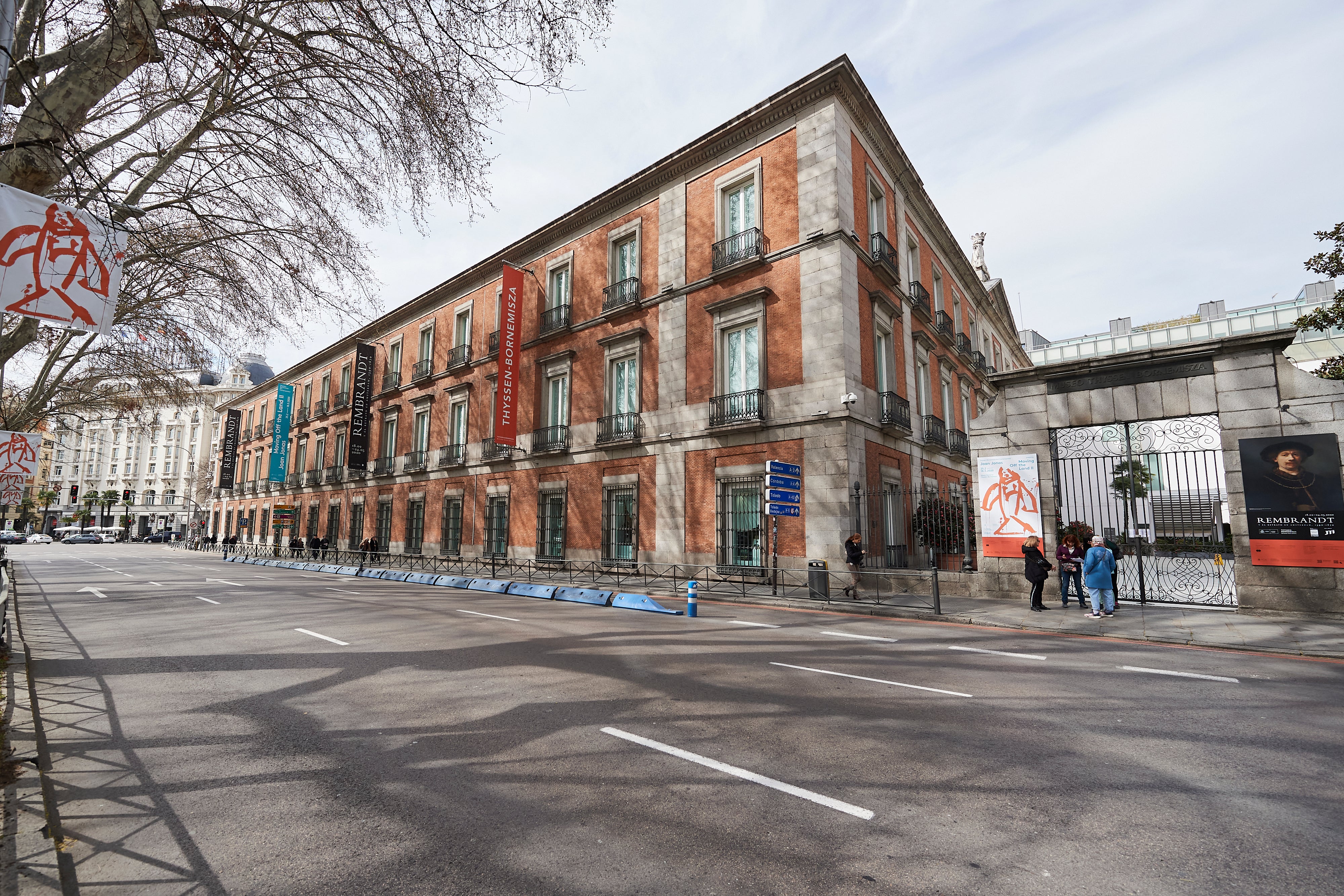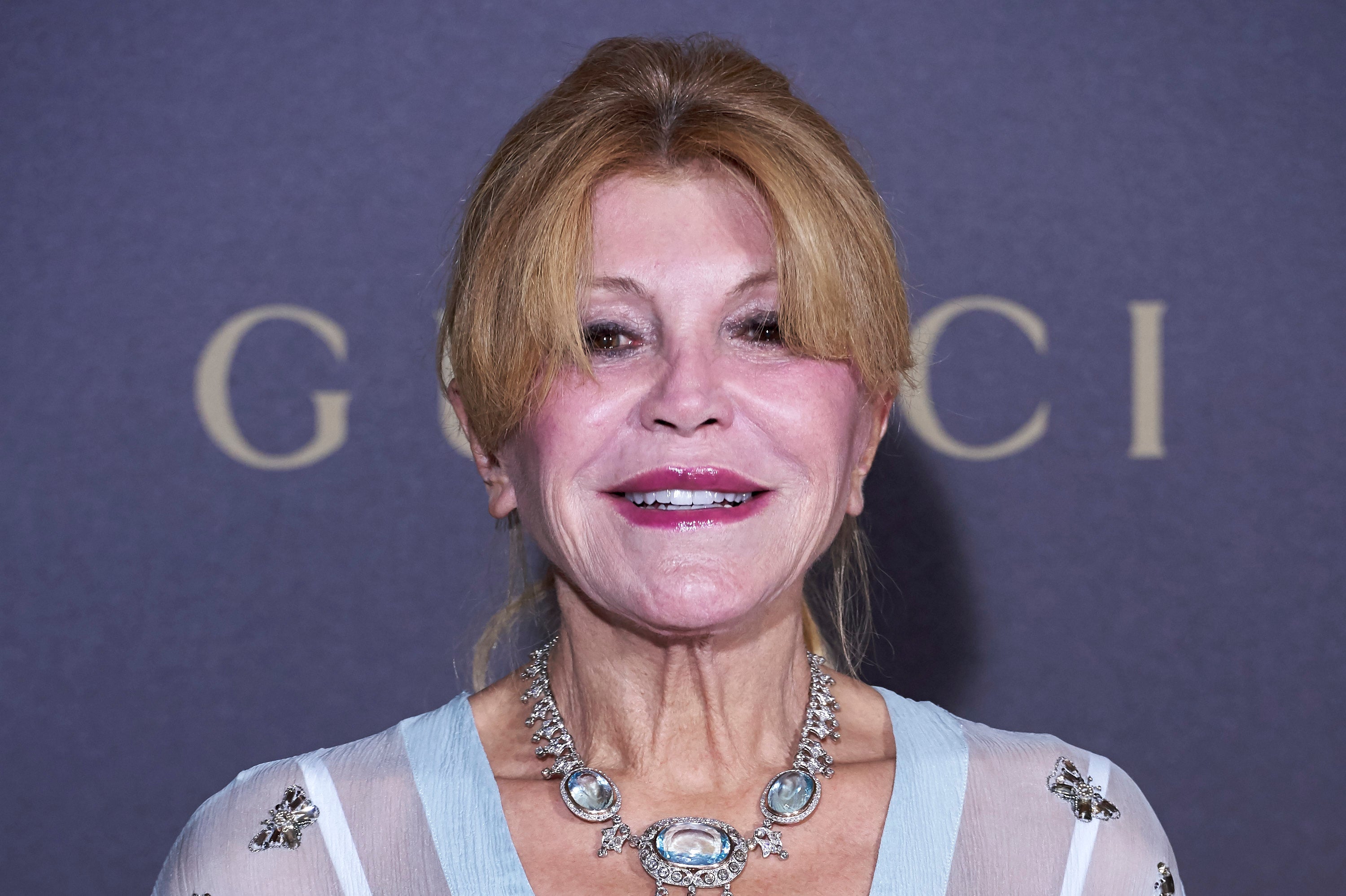Manhattan hospital reveals mystery patient is a European baroness. Now they need her $600k medical bill paid
“They didn’t want anything to do with government ... They didn’t trust anybody”
Your support helps us to tell the story
From reproductive rights to climate change to Big Tech, The Independent is on the ground when the story is developing. Whether it's investigating the financials of Elon Musk's pro-Trump PAC or producing our latest documentary, 'The A Word', which shines a light on the American women fighting for reproductive rights, we know how important it is to parse out the facts from the messaging.
At such a critical moment in US history, we need reporters on the ground. Your donation allows us to keep sending journalists to speak to both sides of the story.
The Independent is trusted by Americans across the entire political spectrum. And unlike many other quality news outlets, we choose not to lock Americans out of our reporting and analysis with paywalls. We believe quality journalism should be available to everyone, paid for by those who can afford it.
Your support makes all the difference.A hospital in New York City has asked for help to discharge an 80-year-old woman who was taken to the facility six months ago and has been revealed to be connected to one of the wealthiest families in Europe.
Baroness Birgit Thyssen-Bornemisza was discovered having suffered a stroke in her rent-controlled studio apartment near Central Park on 4 April and was transported to Mount Sinai West hospital.
With no health insurance or major savings, her medical bills now exceed $600,000, according to The New York Times.
Ms Thyssen-Bornemisza lived a sealed-off life on $2,000 checks that she received each month but has now spent the last several months in a shared hospital ward on a feeding tube.
A guardian appointed by a court is looking into her finances and any possible inheritance she may have in an attempt to move her to rehabilitative care to get her to once again be able to swallow and walk.
The guardian was appointed in August by Judge Lisa Ann Sokoloff, giving them temporary power over Ms Thyssen-Bornemisza’s person and finances. The guardian was assigned the job of applying for a social security number as well as Medicaid for the elderly woman in order for her to be discharged, but she resisted.
She had been sent checks each month by a foundation in Switzerland. The group told the baroness that she had to have a social security number in accordance with laws against money laundering, but she rejected the request and the financial support ceased.
“We really are in the dark about her finances,” the judge said at a hearing, The New York Times reported. “She may have money squirrelled away, she may not.”
The Baroness was born Birgit Muller in Hanover, Germany. When she was four years old, her mother Ingeborg got married to Baron Henrik Gábor István Ágost Freiherr Thyssen-Bornemisza de Kászon et Impérfalva.
Called Stephan Thyssen-Bornemisza, he was the oldest son of Heinrich Thyssen – a German industrialist and the descendant of a notable family going back centuries.
Stephan’s brother Hans Heinrich was in charge of the family operation and by the time of his death in 2002, he had one of the most significant private art collections in the world, which formed the base of the Thyssen Museum in Madrid.
The family business was estimated to be valued at $2.7bn.


Birgit lived with her mother and stepfather in Monte Carlo and Havana before moving to New York City in 1961, where they initially moved into the Plaza Hotel.
Stephan Thyssen-Bornemisza didn’t have much contact with Hans Heinrich or his sisters. He received a payment from the family firm in 1952 of $20m – about $224m today according to The New York Times.
They spent most of the funds and subsequently became reliant on additional payments of thousands of dollars a month from a family foundation. The stepfather passed away in 1981. He had no will, there was no obituary or death notice, and none of the siblings came to the funeral.
The baroness’s mother died in 2002. She also suffered a stroke and with no health insurance, after she had rejected offers to provide coverage, the care she needed took most of her savings.
The baroness was around 60 years old at the time. Her attorney Stanley Cohen said she almost couldn’t afford the cremation.
“They didn’t want anything to do with government,” Mr Cohen told The New York Times. “They were happy being completely anonymous. They didn’t trust anybody.”
Carmen Thyssen-Bornemisza, 79, is the fifth wife of Hans Heinrich and according to Forbes, is estimated to be worth $1.3bn.

She told The New York Times that she contacted the baroness on several occasions with offers to help, but was rejected each time.
“She was sweet, a very adorable person,” she told The Times. “She was really lost when her mother died. I asked her to come to Switzerland. But she was not even able to make decisions without her mother. I said, ‘whenever you want, I’m here’.”
The baroness’s housekeeper recounted a story from September, saying that Birgit told her that she had $10,000 in cash in the apartment and a storage unit with some art. It remains unclear if that’s true.
In August, Judge Sokoloff called it a “very sad case” made worse by the baroness’s “lifelong obsession, and it was an obsession, for keeping her life private”.
The judge spoke of Birgit’s ironclad will to avoid any kind of examination or investigation, and the obsession with not being a part of the international financial system, which had led to “possibly getting herself cut off from her only income”.




Join our commenting forum
Join thought-provoking conversations, follow other Independent readers and see their replies
Comments